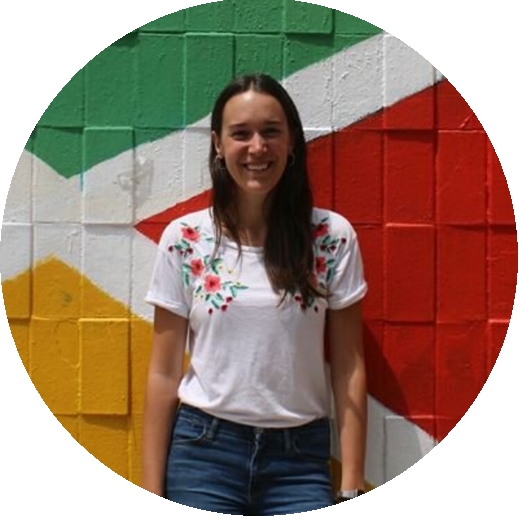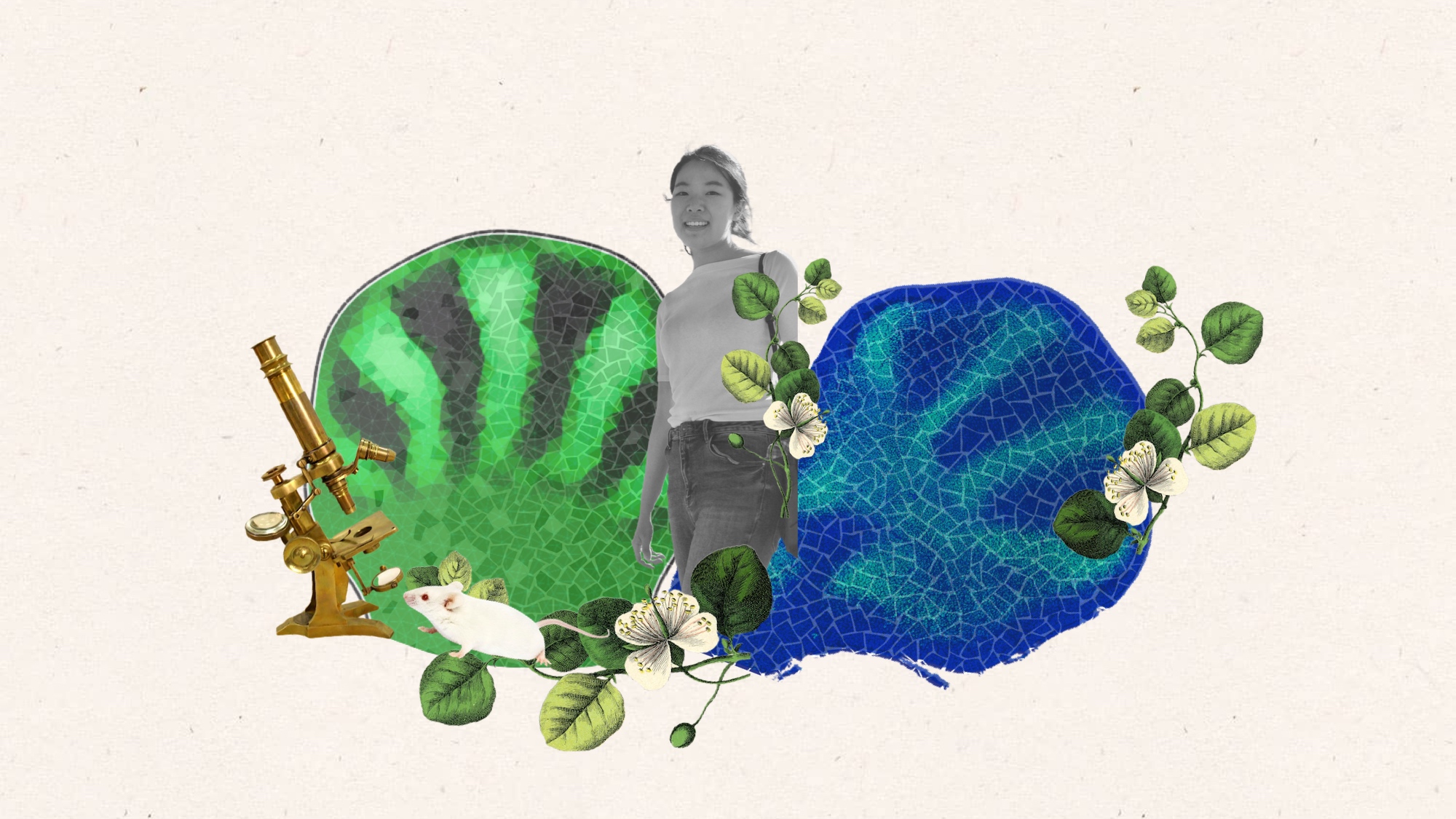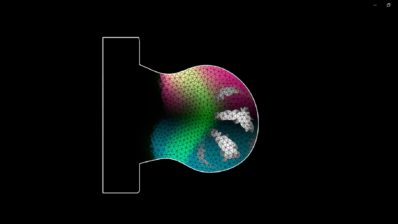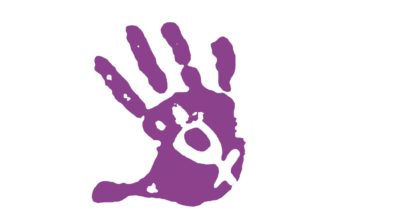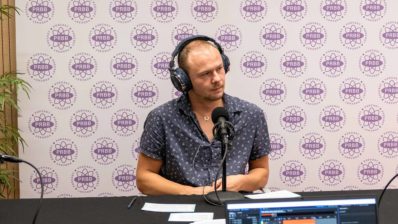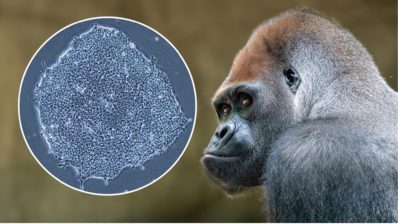Ju Yeon Han or June (Yongin, South Korea, 1994) is a predoctoral researcher in the Multicellular systems biology research group at the European Molecular Biology Laboratory – Barcelona (EMBL Barcelona). June studies limb development and digit formation with mouse embryos. Together with her colleagues, she is trying to find a mathematical model to describe this process.
June discovered her interest in science when she was 11 and she joined a national program to receive free science lessons on Saturday afternoons. Because of male dominance in the field she was not encouraged to be a scientist and she doubted about applying. But after a couple of months, it was obvious that she loved science. “There we had the opportunity to use proper scientific equipment from the university and everything was focused on making us interested in science. Without competition”, she explains.
June joined a national program for science lessons when she was 11. Because of male dominance in the field she doubted about applying, but after a couple of months, it was obvious that she loved science.
Fifteen years later, June is fascinated trying to figure out the rules behind digit formation “because we all see our fingers every day and we still do not know how the process of creating them works exactly. If you think about the outcomes, they are always the same. Even when the process fails, it fails the same way: there are specific wrong fates. So it is worth trying to approach this knowledge from physics and maths”.
When she started her PhD, June knew she wanted to do science but she was not sure if she wanted to stay in academia. Now that she is about to finish her PhD, it is time to decide. And she is thinking of applying artificial intelligence and mathematical models to describe other biological processes. Despite the fact that she has not decided what to do next or where to do it, she addmits that in Barcelona she has found good opportunities, since the “availability of technologies, laboratories and professional resources is amazing.”
Would you like to know her a little better? Keep reading!
What is your field of study?
I am investigating the mechanism of how we come to have five fingers and toes. In Korea (where I am from) the first question from the newborn’s parents is often: “Does the baby have all fingers and toes?”. My focus is in the self-organising aspect of five digit patterning.
We think that networks of molecules and signalling pathways are responsible for creating a higher-level system in charge of designing periodic patterning of five digits. The components of the networks cooperate to generate properties that cannot be understood by looking at a specific gene or protein. My project investigates to what extent this self-organising mechanism is in charge of digit patterning.
What sparked your interest in science, and in your specific field?
I luckily lived the Renaissance period of science outreach in Korea as a kid, and as a result, I was exposed to a variety of ideas such as fractals and the Fibonacci sequence relatively early. Looking back, such experiences made me naturally wanting to characterise the principles behind a phenomenon.
Further, in secondary school, I geared toward the engineering side of biology, especially synthetic biology. As an undergraduate, I was lucky enough to represent the University of Oxford team in iGEM (International Genetically Engineered Machine) competition. We engineered DNA of E.Coli and made bacteria that breaks down biofilm. The idea has always been that the whole is greater than the sum of its parts.
On top of that, I wanted to study emergent properties, networks and principles expression equations in biological systems, so that was how I chose my PhD project.
What kind of student were you as a child?
I was more curious and introspective as a young kid, and later in teenage years I developed an ambitious and adventurous character. I wanted to properly live in 3-4 different countries before I become 30; now I’m on my fourth, but I might be able to still squeeze on a 5th if I am lucky! I studied a lot of flute, Korean music ensemble, I loved English and Korean literature class, I participated in international science essay competitions, physics tournament competitions, etc. I did enjoy and wanted to be good at many different things.
What would you be if you were not a scientist?
My interest is quite broad, so I could have become anything from a record producer to an entrepreneur. Whichever path I take in my career, I would most probably end up being a writer and an owner of a small rooftop bar.
If you could travel in time and work on past or future science, what would you choose?
Definitely past. Then I could be someone showing off what “future” science would look like! It would be a satisfying change of scene from what we usually do – working on technologies for the future.
What preconceived idea about scientists you think has some truth in it? And which one is totally wrong?
One truth is that scientists are habitual sceptics. I do see a lot of respectfully sceptical scientists, creating room for good discussion and future research directions. As per the wrong ideas, it might be quite obvious, but we should not expect scientists to look or sound a certain way. Slowly but increasingly, there are scientists with diverse looks, identities, and backgrounds. The scientists around me are certainly not “Big Bang theory” type of characters, and neither am I. Believing that only certain odd genius can be a real scientist harms the future of science – it puts an obstacle in front of everyone else.
Slowly but increasingly, there are scientists with diverse looks, identities, and backgrounds. Believing that only certain odd genius can be a real scientist harms the future of science – it puts obstacles in front of everyone else.
The best advice you have been given?
Always put health and happiness first – a sound, consistent advice from my mum. Over time I have been putting much more emphasis on these two – it requires a lot more planning, commitment and belief in myself than I have expected. Personally, focusing on what would make me healthy and happy makes me appreciate those things even more, like a bit of free time, music and good people.
Can you recommend… a book?
“Aha! Insight”, by Martin Gardner.
… a music group?
L’Impératrice, Peggy Gou, Audrey Nuna.
… a film or documentary?
BBC Planet Earth series.
… a digital communication medium?
Quanta magazine for sure!
Thank you June for sharing your views!
